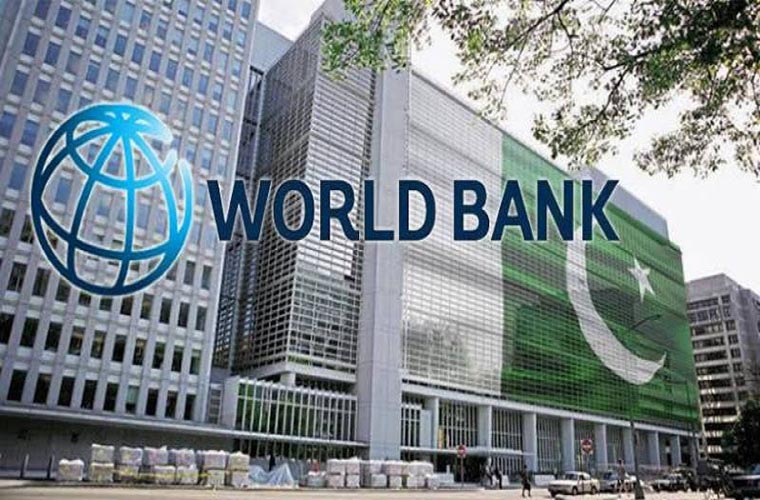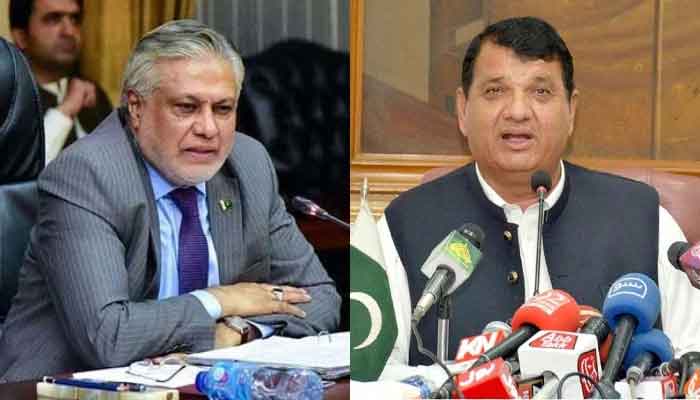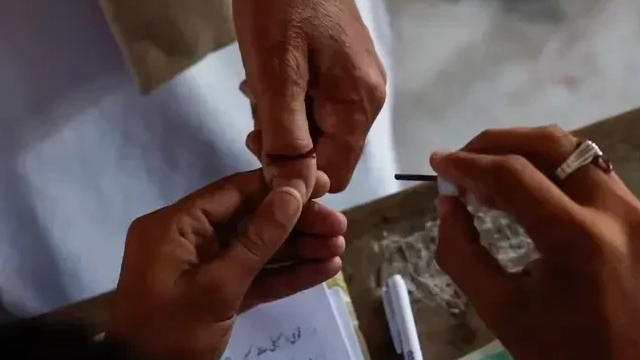Popular News
World Bank fears new govt may backtrack from reforms commitment

The World Bank foresees potential policy reversals in Pakistan following the upcoming February 8, general elections elections.
The WB observes possible reversals include the rationalisation of gas and electricity subsidies, lower trade tariffs and better property tax realisation.
“Macroeconomic risks are also high, with reserve cover at end of SBA (stand-by arrangement) projected to be below 1.5 months of imports. Additional external support will thus be needed following completion of the SBA,” it said.
The government of Pakistan committed a long list of reforms which includes ; protectionist trade policies (untargeted subsidies),agricultural subsidies and rationalisation of federal government expenditures over subject areas that are devolved to the provinces.
The negotiated reforms included expanding the tax base by increased taxation of assets, property, and sectors traditionally outside the tax net, particularly agriculture, small retail, and real estate, further reduction in tax exemptions and effective implementation of the treasury single account to reduce government borrowing needs.
The need for accelerating energy reforms, both electricity and gas, particularly to reduce costs and losses stemming from distribution and transmission.
Measures to cut red tape and ease the business environment along with effective steps for reducing losses of the state-owned enterprise (SOEs), particularly via privatisation and concession to the private sector.
The World bank understands that without such reforms FDI’s will be very limited, imports restriction to be extended which will bring long-lasting economic scarring for Pakistani economy.












